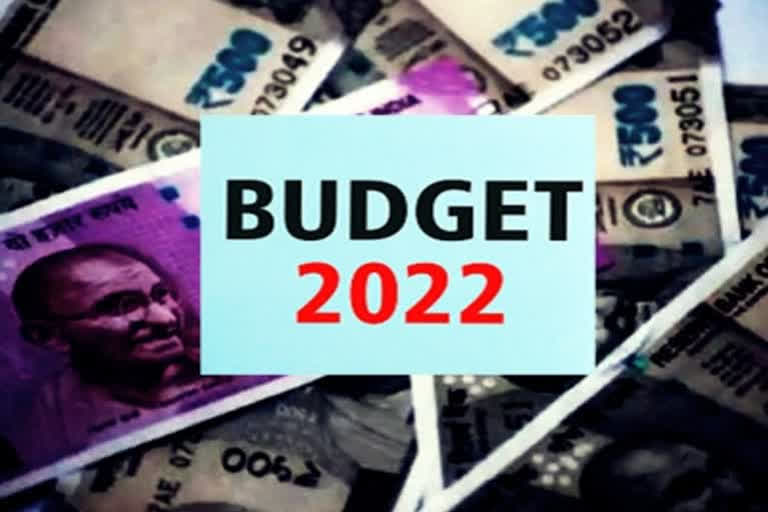New Delhi: If wishes were horses, then 'Nirmala would lower all prices'. The change in the original proverb may seem contrived, but the thought is not unwarranted, as it reflects the sentiment of common folk in the country today. The customary presentation of the Union Budget on February 1 invariably raises expectations that there may be a cut here or there to help people save money or earn more.
The Budget presentation is all about big numbers, lots and lots of money, multi-million-rupee projects and schemes, and policy stipulations, but all that common folk care about are announcements of relief measures. These could be reductions in prices of food, clothing, medicine, education, housing and health, and above all, in taxes and fuel rates. This is the basic list of just about any family in the country. Talk to any person and the principal complaint is about the ever-increasing prices of the basic items required for normal living.
These include basic food items -- vegetables, fruits, grains, pulses, spices, edible oil and milk; stationery and items of clothing; and expenses on travel and healthcare. Especially because of the Covid surge, the per capita personal expenditure on healthcare has increased multifold. Almost every family has seen a rise in medical expenses, from minor medical consultations to major hospitalizations. Covid has altered the economic picture of households, especially in middle-income settings. Many spent their life savings on the medical treatment of their near and dear ones.
READ: What is a Finance Bill: An explainer on Union Budget
When the Covid second wave struck the country in April-May 2021, a number of families had to resort to external help and crowd-funding to pay their hospital bills. The desperation for treatment, hospital beds, medicines and even medical consultations has not been seen on such a massive, heartbreaking scale in recent times. Covid exposed the huge gaps in the country's healthcare system and for some time even created a sense of hopelessness all around. The suffering has affected common people gravely and they desperately aspire for some relief, either in the form of tax cuts or a lowering of the cost of the medical treatment of Covid-19 and other chronic major illnesses.
Since 2014, the Centre has increased the basic income-tax exemption limit and 80C deduction, introduced standard deduction and optional tax slab rates. This has been helpful, but in the Covid-affected environment, more needs to be done. So, hopes for some relief are expected in the family units. Along with increased expenditure on health, the Covid surge has also affected the creation of new jobs. Hiring is muted; in fact in the private sector a significant number of people have been laid off, many have suffered salary cuts, and many more have either been not paid or are poorly paid.
The simmering frustration was lately manifested when a train in Bihar was set on fire by job aspirants. The Railways had received about 1.25 crore applications for 3,528 vacancies, and just 7,05,446 candidates had been shortlisted -- a mind-boggling statistics. For any government, the challenge of creating jobs in these times is huge, but those who are unemployed continue to nurture the hope that vacancies in government departments are filled and private companies get an enabling business environment to bloom. The middle class wants jobs, tax breaks, concessions on healthcare and education, and reduced prices.
The lowering of fuel prices is one such wish. After the deregulation of fuel prices, diesel and petrol rates have only risen relentlessly. Some time ago, sensing the disquiet among the people over the continually rising fuel prices, the Centre as well as certain state governments lowered the prices by a few rupees. A large cut is wished for, but with the Covid pandemic not ebbing and global crude oil prices rising yet again because of the Russia-Ukraine tensions, we can't hope for much on this front.
The wishes of common folk are best expressed by the nursery rhyme: If wishes were horses, beggars would ride. If turnips were watches, I'd wear one by my side. If 'ifs' and 'ands' were pots and pans There'd be no work for tinkers' hands. In the present context, we will have to change the opening line to: "If wishes were horses, prices would come down."
With the Covid surge still showing no signs of slowing down, economies have taken a hit everywhere, whether at the global level or in family units. The macro and the micro are all affected equally. A miracle budget is the need of the hour. And even a bigger miracle is needed to rid the country and the world of the pandemic. The economy needs to boom again and the wishes of common folk need to come true.
(IANS)



